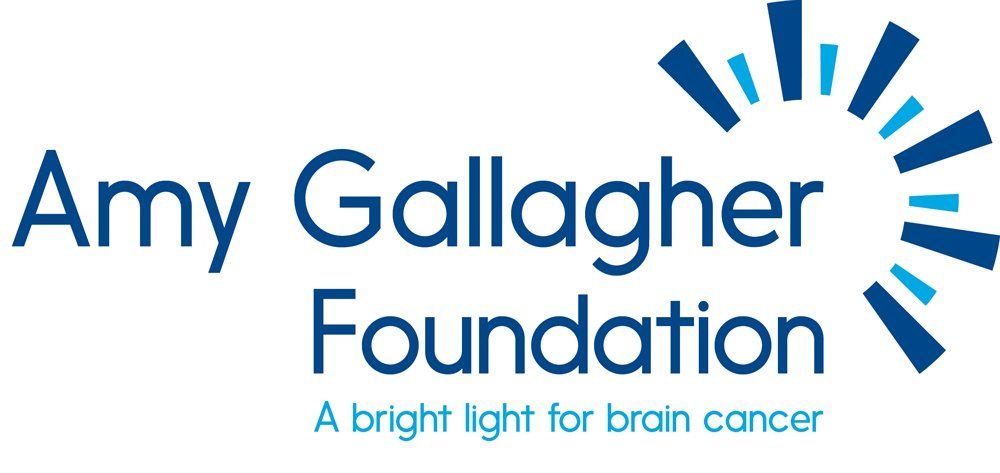Amy's Story
Amy's Story
Two years ago, Amy was in a wonderful marriage, had two bright, beautiful daughters and was at the height of her career serving as Vice President and a Senior Benefit Advisor for Cornerstone Group in Warwick, Rhode Island, one of New England’s leading benefit advisory firms. But in the spring of 2014, something put all of it at risk.
Amy lost depth perception in her eyes, suffered from extreme fatigue, her face began to droop and she had trembling on the right side of her body. Suspecting she had Lyme disease, a common ailment in her community, Amy saw her primary care doctor and sought help at various tick clinics across the state, even though she had not tested positive. As she waited for answers about her condition, she worsened.
One day, Amy woke with symptoms of Bell’s palsy. At that time, Amy and her husband sought referrals for an infectious disease specialist. She selected one, who referred her to a neurologist – and insisted Amy see him right away.
The neurologist ordered an MRI and what he saw on the scan was worse than Amy had ever imagined: she had the most serious type of brain tumor, a glioblastoma, on the left side of her brain.
Following her diagnosis, Amy underwent a biopsy at a hospital in Rhode Island, and sought a second opinion at Mass General Hospital. The surgeon there told Amy she was not a good candidate for surgery because of the dangerous location of the tumor. Amy and her husband quickly decided to arrange her treatment and care through Mass General Hospital. She underwent six weeks of radiation and daily oral chemotherapy. In October 2014, after two months of treatment, Amy suffered a setback and ended up in the hospital. At that time, her doctor started Amy on immunotherapy with a drug called Avastin that kills the blood supply to the tumor. She has MRIs every six to eight weeks to benchmark progress. And against all odds, the tumor continues to shrink.
While Amy’s health is stable, the impact of the tumor is significant, presenting new challenges in her daily life. She can no longer work. She can’t drive her daughters to school or their activities. She can't stand for long periods at her children's sporting events. Date nights and family celebrations are less frequent and often depend on Amy’s energy level. Her life revolves around her cancer but, through the research and treatment available to her and others who suffer with brain tumors, she has life. And every day, she is grateful for that.


